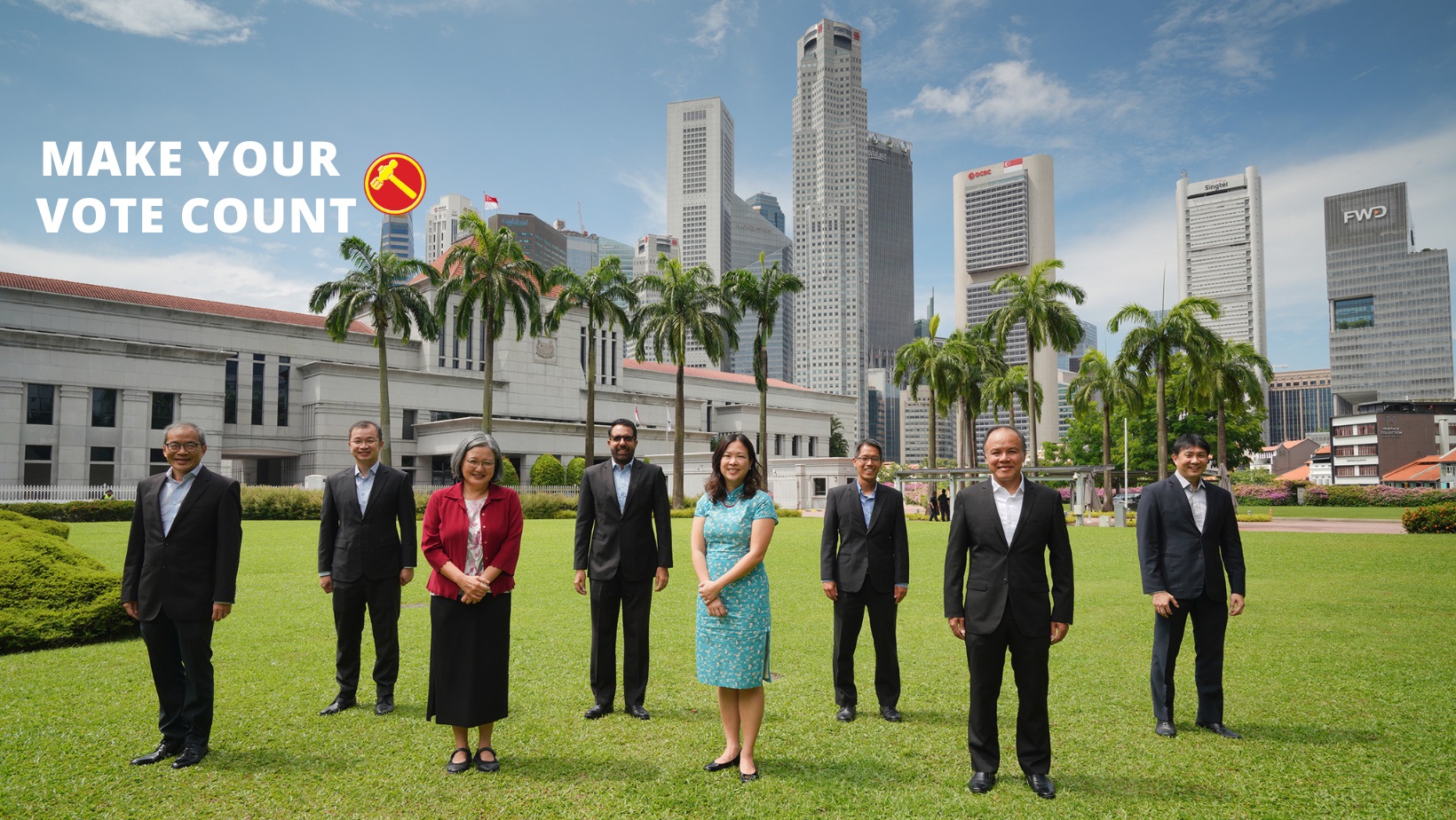Singaporeans experienced two “What Was That All About?” moments in the last fortnight. Thank heaven, common sense and justice prevailed, respectively.
First, taxi commuters were almost run over, figuratively speaking.
As more people switch to ride-hailing their public hire vehicles (PHVs) for their trips, those who still street-hail their traditional taxis have been finding themselves stranded by a system which has simply ignored their needs.
The pool available for them has shrunk from 28,700 taxis in 2014 to 13,600 in 2023. Compare this to the 46,477 PHVs now on the road. The government has acknowledged this problem. The Straits Times reported:
“Taxis and street-hail services remain important, Senior Minister of State for Transport Amy Khor said during a debate on the Ministry of Transport’s budget on March 5.
She added that taxis are critical in places such as airports and ferry terminals and provide an important supply of rides, especially late at night when it is more difficult to get a private-hire car.”
To add to the problem, in July last year, Grab announced it was acquiring Singapore’s third-largest taxi operator Trans-Cab, which has a fleet of more than 2,500 vehicles.
But the Competition and Consumer Commission of Singapore (CCCS) stepped in and issued its provisional ruling on the deal, saying, according to CNA, that:
“it was likely to lead to a substantial reduction of competition in the ride-hailing market, thereby infringing Section 54 of the Competition Act, which prohibits anti-competitive mergers.”
So that was a near miss. Good for the CCCS. CNA reported: “In 2018, CCCS fined Grab and ride-hailing platform Uber S$13 million (US$9.6 million) over their merger.
The deal led to a substantial lessening of competition in the market, the watchdog said then, highlighting Grab’s increased prices and changes to its loyalty programme after it bought over Uber’s Southeast Asia operations.”
The second “What Was That All About?” moment came on July 24.
Today reported: “The two town councils that sued Workers’ Party (WP) leaders for alleged misuse of town council funds have settled the case after mediation, with the town councils dropping their claims and all sides bearing their own legal costs.
In a joint statement issued by Sylvia Lim, Low Thia Khiang, Pritam Singh, Chua Zhi Hon and Kenneth Foo (known collectively as the town councillors), they said they have settled their respective lawsuits with Aljunied-Hougang Town Council (AHTC) and Sengkang Town Council (STC) on a drop hands basis.
This means the two town councils have agreed to drop their claims for damages. As for costs, all sides will bear their own costs instead of fighting to have the other party foot the bill.
The courts had previously referred to the likely difficulty of determining damages, and parties were in the midst of preparatory steps for the next tranche of the trial to decide damages when the settlement was reached.
The settlement appears to bring to a close a long-running legal case mounted in 2017 by AHTC and Pasir Ris-Punggol Town Council (which later handed the suit over to STC when it absorbed Punggol East constituency) against eight parties.”
The penultimate issue was and is still costs. The affected WP MPs have received public donations totalling $900,000 for this. The AHTC itself is now wondering who would be paying its legal costs.
The case has some consequences.
Public faith in Singapore’s legal system has been strengthened. The all round standard of town council management will improve. The WP has shown it can run town councils competently. Above all, it has not buckled under pressure. Politically, it will now grow even faster.
Tan Bah Bah is a former senior leader writer with The Straits Times. He was also managing editor of a magazine publishing company

